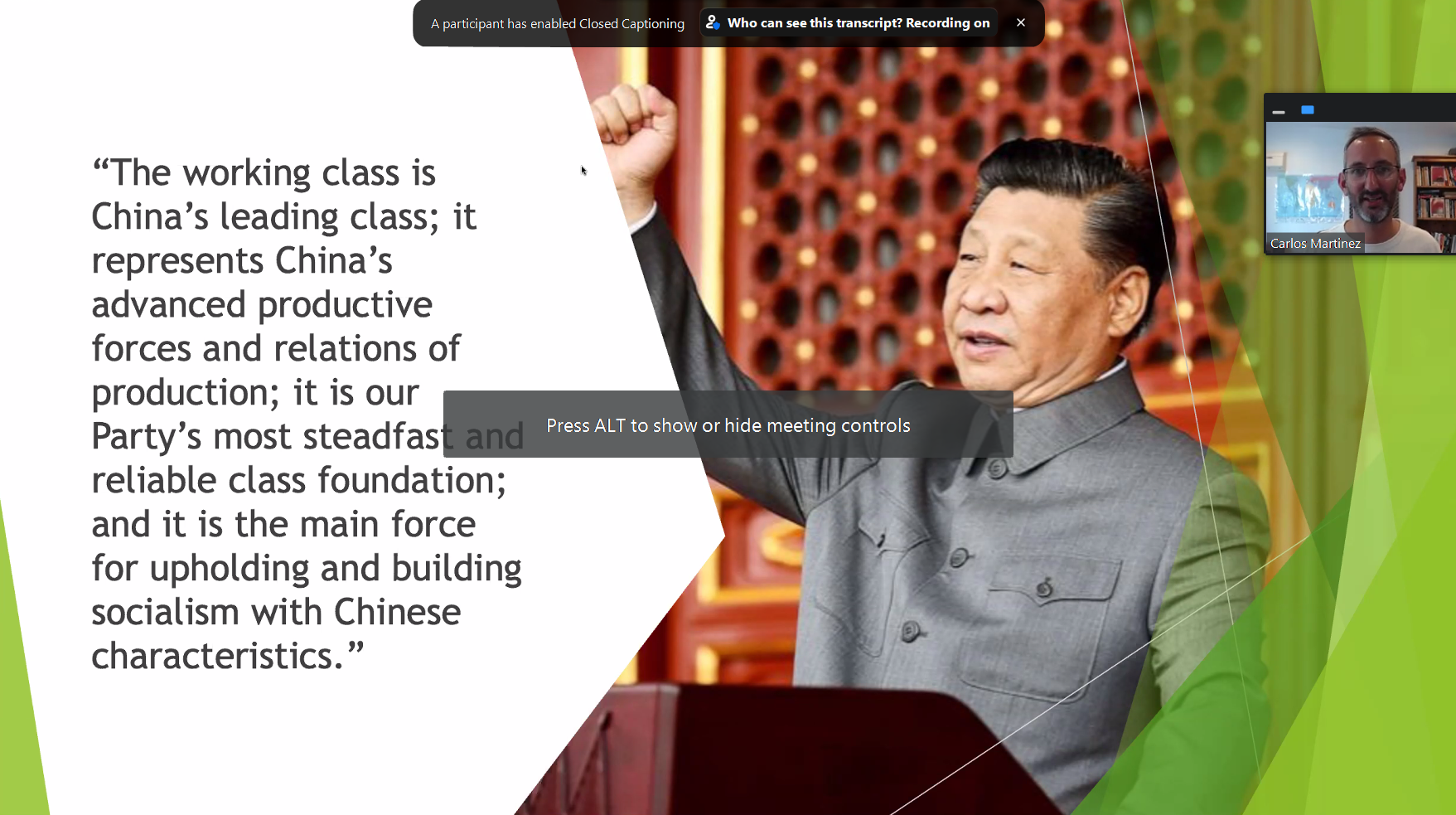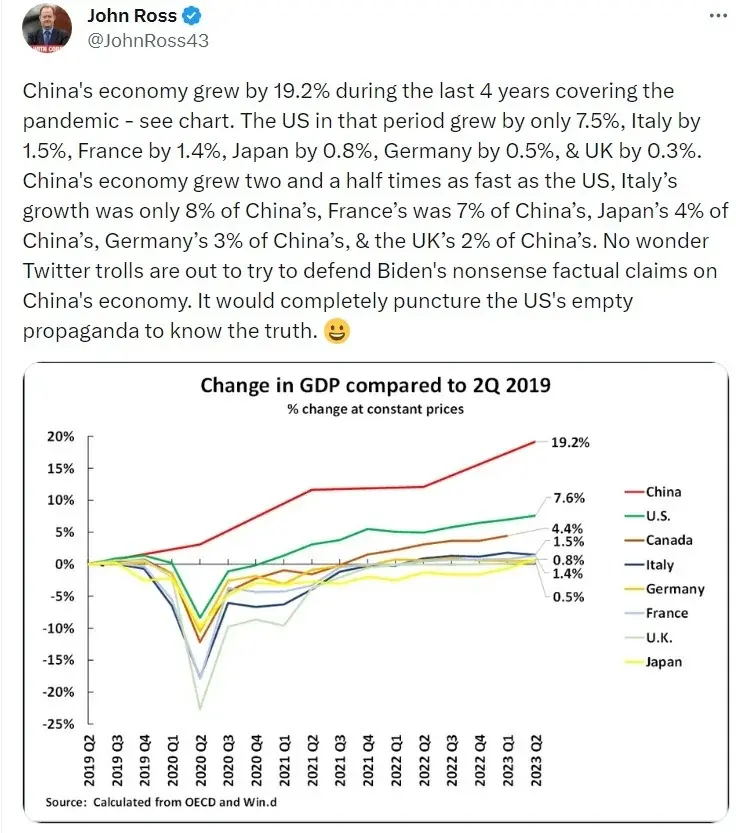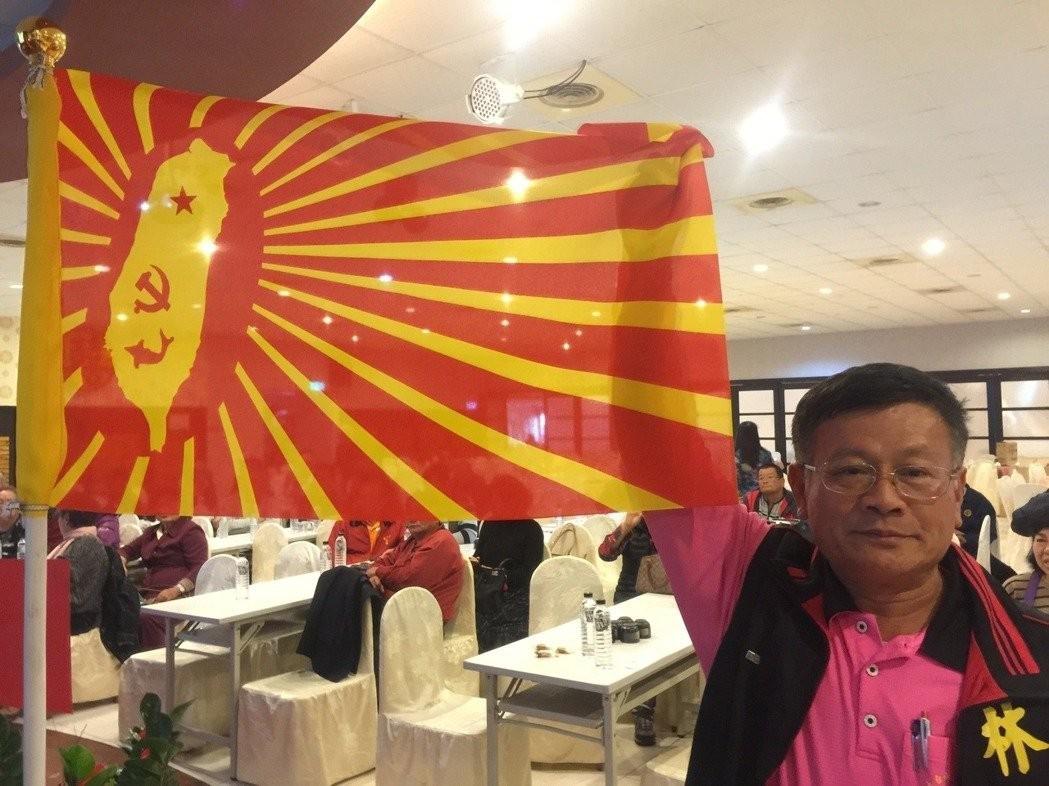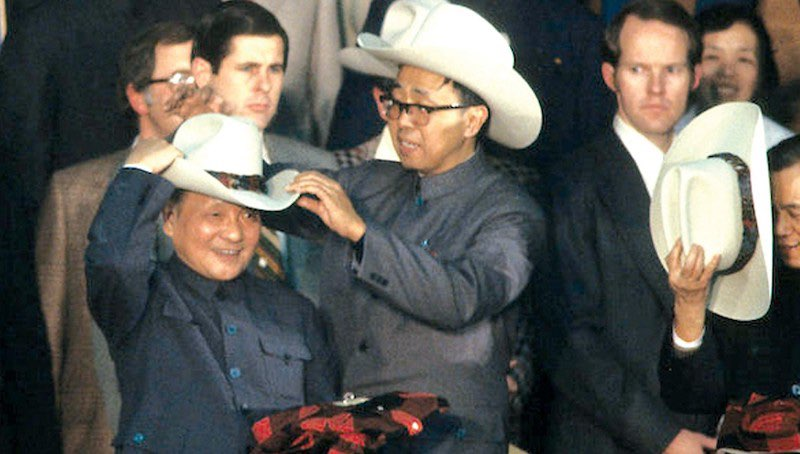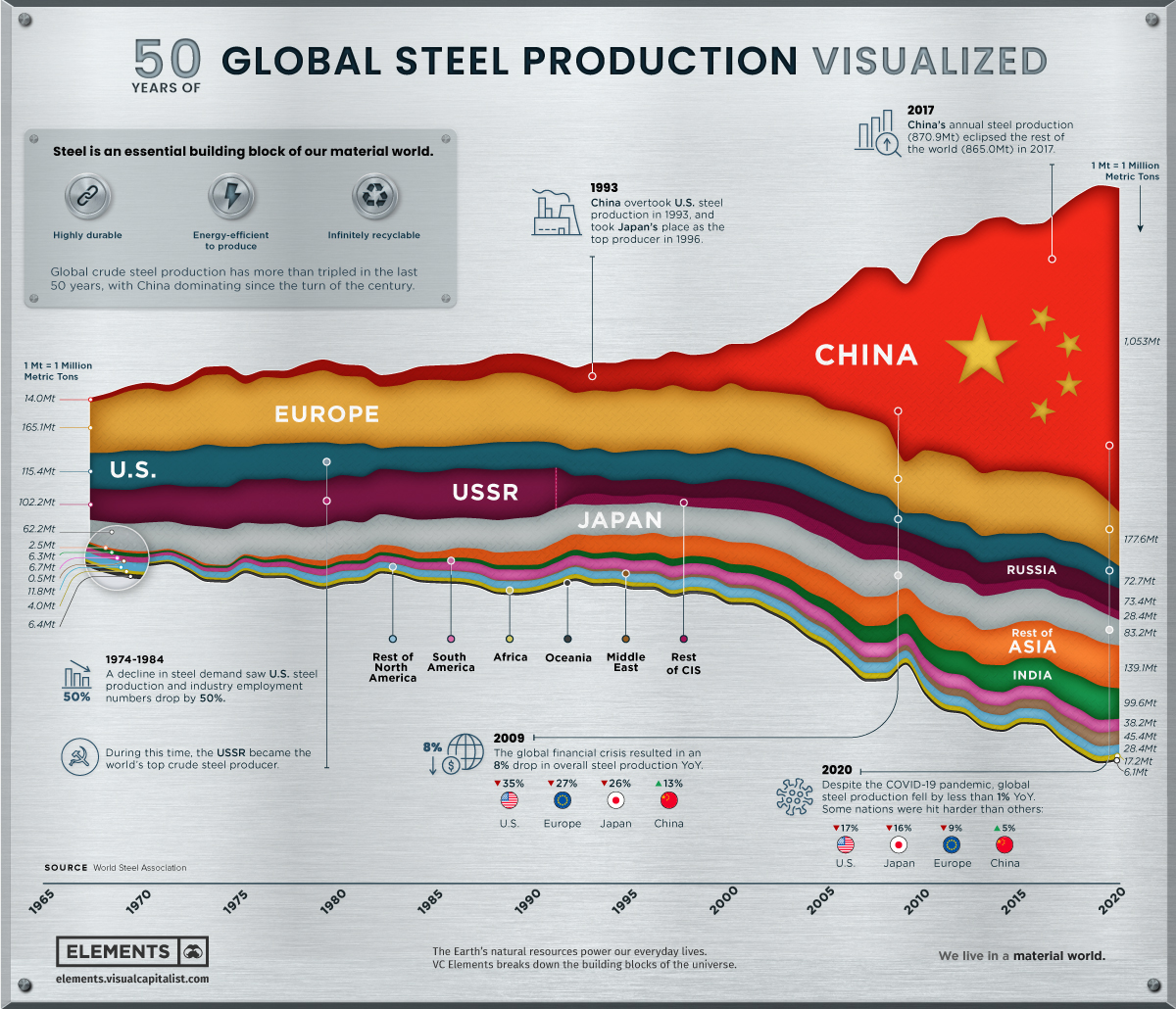China accounted for half of the world’s research papers into energy storage technology published last year, an increase of 5 per cent on 2021, according to a report by a team of researchers from a number of Chinese universities and institutes.
In contrast, contributions by US scientists made up 10.5 per cent of papers on the subject in 2022, a 2 per cent fall on the previous year’s figures, the researchers said, in a paper published by the journal Energy Storage Science and Technology.
China had become the “most active country in the world in energy storage fields on all three aspects of fundamental study, technical research, integration and application”, the report said.
The researchers searched the Web of Science index using the keywords “energy storage” as part of the study, which gives an overview of China’s research advancements in the field.
China is already the world’s leader in renewable energy installations and is also leading in energy storage, with a capacity of 59.8 gigawatts at the end of 2022, according to the China Energy Storage Alliance.
Most of China’s electricity is derived from coal and energy storage is key to the country meeting its net zero goals. But a lack of large-scale methods of increasing capacity is hampering the total generation potential of existing renewable projects.
For example, solar energy accounts for 16.6 per cent of China’s installed power generation capacity but is delivering just 2.73 per cent of usable electricity to the grid, as of the first quarter of 2o23, according to the National Energy Administration.
China remains reliant on pumped hydropower for its energy storage and leads the world in continuing to build facilities based on the technology. In 2022, the highest proportion of new storage capacity was derived from hydropower, the report said.
While China has the largest pumped hydropower storage capacity in the world, its main research focus has been on other methods, such as a variety of battery-based tools as well as thermal and flywheel technologies.
Most of the research papers released in 2021 focused on alternatives to pumped hydropower, according to last year’s report, a situation that continued in 2022.
The United States – which continues to rank among the top spots for energy storage – launched an initiative in 2020 to maintain its global position. The Energy Storage Grand Challenge goal is for all of the United States’ storage technologies to be produced domestically by 2030.
The researchers found that China had greater access to the materials and means of production than the US, but was still grappling with scalability to meet the storage demands of existing renewable installations and their energy output.
Development of new renewable facilities has continued in China, even though the energy output of solar and wind projects is not being fully harnessed, according to the NEA.
However, the increase in research and a rise in patents relating to energy storage highlighted in the report suggests that the scientific community is prioritising innovation to help China expand its large-scale capacity.
According to the report, 100 megawatt projects are becoming the norm in China, where many developments are under way.
The Chinese Academy of Sciences was responsible for one of a number of innovative advancements in 2022, with its research into a 300MW compressed air storage system, the report said.
The researchers said China would remain dominant in global rankings for published research, patent applications and the installation of energy storage capacity.
Next year would continue to be an important one for the development of energy storage and China’s technology in the field was expected to be the world’s best in the coming five to 10 years, they said.
